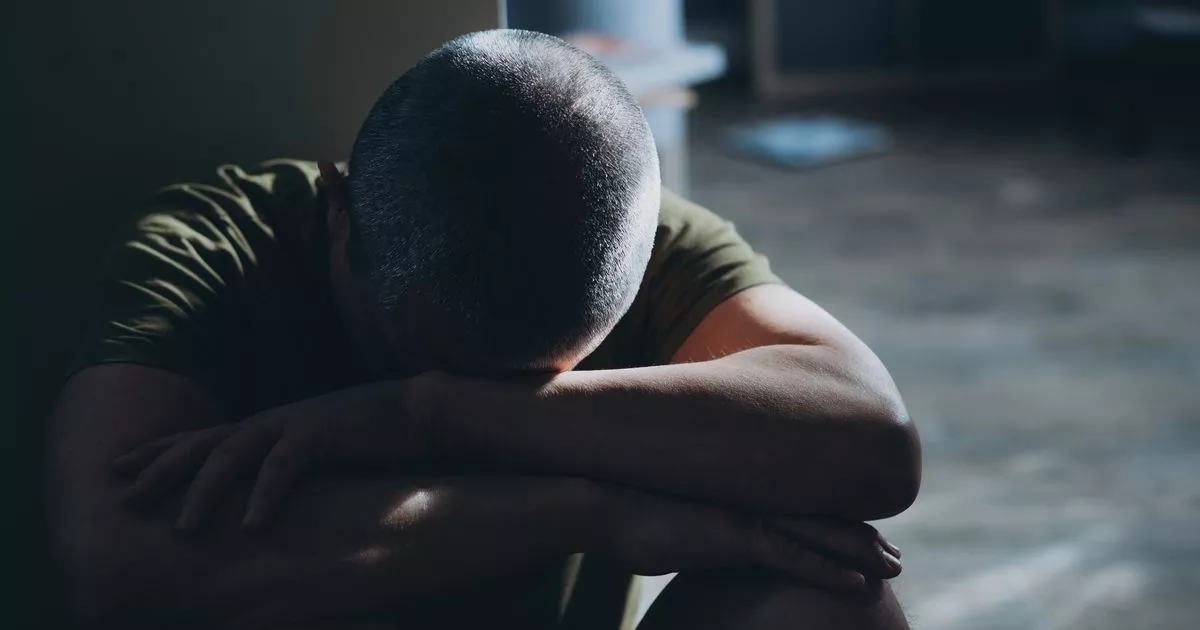 Bromley, a leafy suburban borough in South London, is known for its tranquil streets, expansive green spaces, and an air of suburban comfort. However, recent accounts from residents suggest that behind this peaceful facade, a growing sense of frustration and unmet expectations has taken root. Dubbed the “Borough of Broken Dreams” by some locals, Bromley is now a symbol of mounting disappointments for those who had hoped for better.
Bromley, a leafy suburban borough in South London, is known for its tranquil streets, expansive green spaces, and an air of suburban comfort. However, recent accounts from residents suggest that behind this peaceful facade, a growing sense of frustration and unmet expectations has taken root. Dubbed the “Borough of Broken Dreams” by some locals, Bromley is now a symbol of mounting disappointments for those who had hoped for better.
Residents have begun sharing their experiences, from dreams of homeownership slipping away to frustrations with failing public services. One of the most common grievances involves **housing affordability**. Many middle-income families, initially drawn to Bromley for its supposed affordability compared to inner London, now find themselves priced out of the market. Lucy Davenport, a 34-year-old teacher, explains:
*”We thought moving to Bromley would finally give us the chance to buy our own home. Now, even the smallest properties are out of reach. Rents are rising, and buying is impossible.”*
Young professionals share similar complaints. Drawn by the promise of suburban serenity combined with easy access to central London, many say the **high cost of living** has left them trapped. Public transport fares are becoming prohibitive, and residents report increasingly unreliable bus and rail services. Sam Oliphant, a commuter who works in the City, adds:
*”Every other day, there’s some delay on the trains. You spend so much time commuting, and then you get hit with these huge fares. It’s exhausting.”*
**Public services**, once a source of pride for the area, have also come under criticism. Locals lament the closure of libraries, rising waiting times at healthcare facilities, and cuts to youth services. Jane Roberts, a mother of two, said:
*”When we first moved here, Bromley felt like a place where our kids could grow and be safe. Now the youth centres are gone, and there’s barely any investment in things for young people to do. It’s heartbreaking.”*
The decline in public services is compounded by a sense of **community breakdown**. Bromley, known for its family-friendly vibe, has seen a rise in reports of anti-social behaviour and petty crime, according to recent local police data. Many residents say that the once-cohesive neighbourhoods now feel fragmented, with **community spirit fading**.
Despite these struggles, there are those who believe that Bromley’s decline is not irreversible. Campaigners and residents’ associations have begun lobbying the local council for better investment in public services and more affordable housing projects. They hope to build pressure through petitions and public meetings.
Local councillor Alan Thorne has responded to the criticisms, acknowledging the challenges faced by Bromley but urging patience. He said:
*”Bromley, like many parts of London, is facing difficulties, especially with public funding being squeezed. But we are actively working on new housing initiatives and transport improvements to address the concerns of our residents.”*
Still, for many, these promises feel hollow. As one resident quipped on a local forum:
*”Bromley’s always been sold as the perfect mix of city life and suburbia. Now it feels like we’re getting the worst of both – stress without the convenience, and suburbia without the peace.”*
Whether the borough will bounce back remains to be seen. For now, Bromley stands at a crossroads – caught between the dreams of the past and the harsh realities of the present. The challenge ahead will be to restore faith among residents before disappointment becomes the town’s defining legacy.
